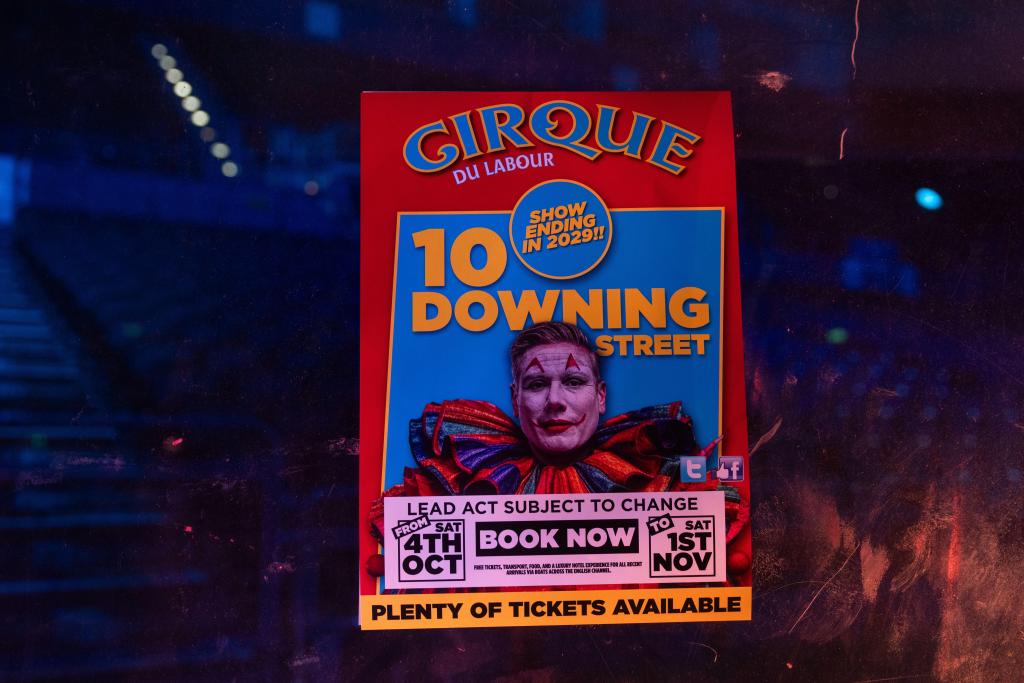I log in so infrequently these days that Facebook has, I’m pleased to say, nearly given up on me. Like a half-hearted stalker whose head has been turned by a fresh victim, it sends me alerts and updates with ever-diminishing regularity, and few of them remotely tempt me to click. So it was quite unusual to see one, a few days ago, that did make me click. It was the link to a photograph of my brilliant god-daughter arriving for her first term at university.
Are we not ignoring the likelihood that most students are getting on with doing what students have always done?
The first thing that this picture – full as it was of sunshine and hope and promise – made me feel was very, very old. The second thing it made me feel was very, very proud. And the third thing it made me feel was warm towards universities – the idea of them, the fact of them, and the experience of what it is to go to one as an undergraduate.
The first two emotions were predictable enough. The third took me a little more by surprise. After all, almost every context in which we now read or speak about universities, on either side of the Atlantic, is negative.
We are told that universities are seething hives of (sigh) ‘woke’; that every campus is a zombie apocalypse swarming with Stepford Students in search of their next cancellation victim; that when not harassing visiting speakers or tossing statues into the drink they are setting up encampments calling for the annihilation of the State of Israel; and that when they do bother to attend lectures they are being indoctrinated in postmodern anticolonial Marxism by the sort of swivel-eyed march-through-the-institutions entryists who gave Matt Goodwin a wedgie in the canteen queue.
The institutions themselves, we are told, are in any case in a financial death-spiral whose only temporary remedy is to stuff the place with lucrative foreign students and prefer them over domestic applications; or in some to recruit on-paper ‘students’ as a dodge to chisel money from the state at the same time as supplying a back-door to questionably legal migration. Vice-chancellors these days, we’re told, are practically reduced to drinking non-vintage wine.
The students, meanwhile, don’t know how to read books (I touched on this issue here last week). Or they don’t write essays because they’re getting ChatGPT to do it for them. Or they’re too busy cluttering up the HR department seeking help for their mental health issues or filing sexual harassment complaints. And even when they do read the books and they do write the essays, they are as often as not wasting their time doing so because they are loading themselves with debt paying for what Kemi Badenoch calls ‘rip-off’ courses in things like English Literature.
Our general discourse in the media presents universities in an unrelentingly grim parade of such stereotypes. I do not deny that we can and do find instances of many of these problems. Dons I know do talk about a mental health crisis. Attention spans are a worry. Vice Chancellors do struggle mightily to balance the books. The loudmouthed radicals in any given student body will tend to find a way of making themselves publicly known.
And yet and yet. Are we not, from outside, seeing with a pleasing frisson of hysteria what it suits us to see? Are we not ignoring the likelihood that most students are getting on with doing what students have always done – which is drinking, showing off, trying to climb in bed with one another, and getting an education.
Undergraduate politicking is a small, I would go so far as to say, barely significant part of what most normal students do at university and it’s very little indeed of what tertiary education is for. The odd charismatic keffiyah-wearing professor aside, undergraduate indoctrination is a phantasm of the paranoid style in politics more than it is a systematic menace to free speech. Universities aren’t Marxist madrassahs and it’s silly to suppose they are.
And what the price-of-everything mob miss, obsessed as they are with the idea that the only metric for a degree’s value is the ‘graduate premium’, is that an undergraduate course at university is not just about education; or, put another way, that the education it provides is not just about the course.
For those who are privileged to go to university, they get three years suspended between childhood and the adult world – what academics of a certain stripe would call a ‘liminal space’ – in which they will have the opportunity to shuck the teenagers they were and try out versions of the adults they intend to be. This is a valuable thing.
Here is a safe space, you could say, in which young people can make their mistakes. They can have their run-ins with love and argument and intoxication, figure out how to cook for themselves and budget, make idiots of themselves and learn from their idiocy, discover in a forgiving environment the sorts of bargains you can get away with when it comes to deadlines and tests. The world, still, is all before them.
Undergraduate education, furthermore, is no more than the lovely fizzy head on top of the deep and nourishing pint glass of the accumulated knowledge of generations. That knowledge is stored in universities as it is stored nowhere else, and it continues to be produced there, patiently and as far as the wide world goes almost anonymously, by generations of scholars in communion with each-other. This is a process that has been going on ever since the whole idea of the university arrived in this country, via the Arab world, from its clever Indian inventors.
We should support universities. We should cherish the value of what they do and recognise that if we run them down for sport we will not realise what we’ve lost until it’s gone. And, just once in a while, we should give students a break.








Comments